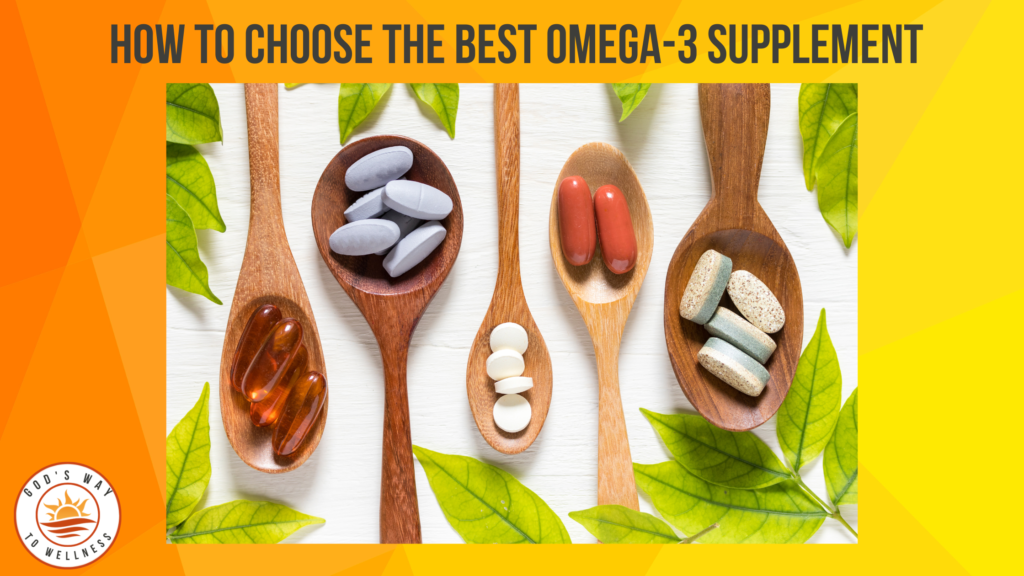Why should you choose organic produce? Maybe right now you don’t, because you cannot find it in your local grocery store. Or perhaps you think it’s too expensive. However, how much do you value your health? Find out the reasons to say yes to organic produce.
What is organic produce?
Organic produce is grown without the use of pesticides, herbicides, synthetic fertilizers, sewage sludge, genetically modified organisms, or ionizing radiation. Organic farms are inspected certified by the USDA. They must have an organic system plan in place and records to support its use.
Look for the green and white USDA organic label on packaged foods. PLU codes on fresh organic produce will start with 9. For example, conventionally grown lemons are 4033 and organic lemons are 94033.
5 Reasons to choose organic produce
Better for your health
Reducing the quantity of pesticide and herbicide residues in your food improves your health. The word ending –cide comes from the Latin word caedere meaning to kill. Subsequently, there are many research studies showing that pesticides and herbicides are hazardous to human health. They kill bugs and weeds, don’t they?
In August 2018, Dewayne Johnson, a former groundskeeper dying of cancer, won a landmark victory against Monsanto for damages from repeated long-term use of their glyphosate-based herbicide, Roundup.
A recent ground-breaking study has shown a decreased risk of cancer in adults who have a higher frequency of organic food consumption.
In addition, a 2015 study published in The Lancet showed evidence of cancer caused by pesticides in experimental animals.
Because of this study, the International Agency for Research on Cancer states in this monograph that “the herbicide glyphosate and the insecticides malathion and diazinon were classified as probably carcinogenic to humans.”
Better taste–in my humble opinion
There are a few research studies to show the superior taste and appearance of organic produce. However, because of the subjectivity of taste and other variables, there is not a lot of research on this. Therefore, I will use my personal observations to illustrate this point.
The first time I bit into a locally grown organic cherry tomato from Hilltop Farms, its sweet deliciousness amazed me. Therefore, I did my taste test of cherry tomatoes from Mexico with locally grown organic ones from Hilltop Farms.
There was no comparison! The ones from Mexico had no taste at all, really, just sort of dry and spongy. The organic ones tasted very sweet but slightly tart and were very juicy.
At a later date, I served organic zucchini cooked on the grill at a dinner party. Even those guests who did not really care for zucchini raved about it. (Here is the recipe for Yummy Grilled Zucchini, courtesy of The Pioneer Woman.)
Better for the earth
Organic farming methods such as crop rotation, use of cover crops, and animal manures build fertile topsoil.
Conversely, pesticide runoff contaminates waterways and farmland.
Other organic farming practices focusing on renewable resources maintain ecological balance.
Better nutrition
Studies have shown higher levels of Vitamin C, iron, magnesium, phosphorus and antioxidant phytochemicals in organic produce than in conventionally grown. Certainly, it makes sense if the soil is richer in nutrients, it would produce more nutritious crops.
Better quality
Conventionally grown produce can be grown from genetically modified seeds called GMO (Genetically Modified Organism). The influx of GMO crops in our food supply is astounding.
Moreover, the long-term effects of GMO crops on humans are not known. These seeds are genetically modified in the laboratory using genetic engineering or transgenic technology to be more resistant to pests, rain, drought, diseases, and pesticides.
By definition, organic produce is always non-GMO. No regulations for labelling GMO food products exist. The only way you can know for sure that your food is not genetically modified is if it is labeled USDA Organic.
However, the nonprofit Non-GMO Project is making strides to verify and label Non-GMO foods.
Common reasons consumers do not choose organic produce
It’s too expensive
The Environmental Working Group has tested samples of fruits and vegetables and compiled their list of the items most often contaminated by pesticides, called the Dirty Dozen.
If you are on a budget, limit your purchases of organic produce to this list. They also have compiled the Clean 15 list that has the least amount of pesticide residues, so you do not need to choose organic for this list.
Only choosing organic when necessary to avoid the highest levels of pesticide residues saves money but still protects you from increased exposure to these toxins.
Dirty Dozen – highest level of pesticides (updated for 2023)
- Strawberries
- Spinach
- Kale, collard, and mustard greens
- Peaches
- Pears
- Nectarines
- Apples
- Grapes
- Bell and hot peppers
- Cherries
- Blueberries
- Green beans
Clean 15 – lowest level of pesticides (updated for 2023)
- Avocados
- Sweet corn
- Pineapple
- Onions
- Papaya
- Sweet peas (frozen)
- Asparagus
- Honeydew melon
- Kiwi
- Cabbage
- Mushrooms
- Mangoes
- Sweet potatoes
- Watermelon
- Carrots
It’s not available in my local grocery store
Next time, look around at your favorite grocery store for organic produce. You might be surprised.
For example, organic spinach is easy to find in plastic containers and bags in most grocery stores. I did the happy dance when my local Aldi started carrying bags of organic kale! Likewise, they also have organic tomatoes, peppers, strawberries, and apples. And I even found organic spinach and strawberries at Walmart.
Whole Foods, Trader Joe’s and Sprouts are good options for a variety of organic products. However, I prefer Sprouts because the prices are very competitive and the produce section is easy to navigate. Other options are local CSAs, co-ops, and buying clubs.
Conclusion
In conclusion, I presented only five of the many excellent reasons to choose organic produce. Above all, the number one reason is that the high levels of pesticides and herbicides in your food are hazardous to the health of yourself and your family.
Organic produce may cost a little more than conventionally grown. How much do you value your health?



